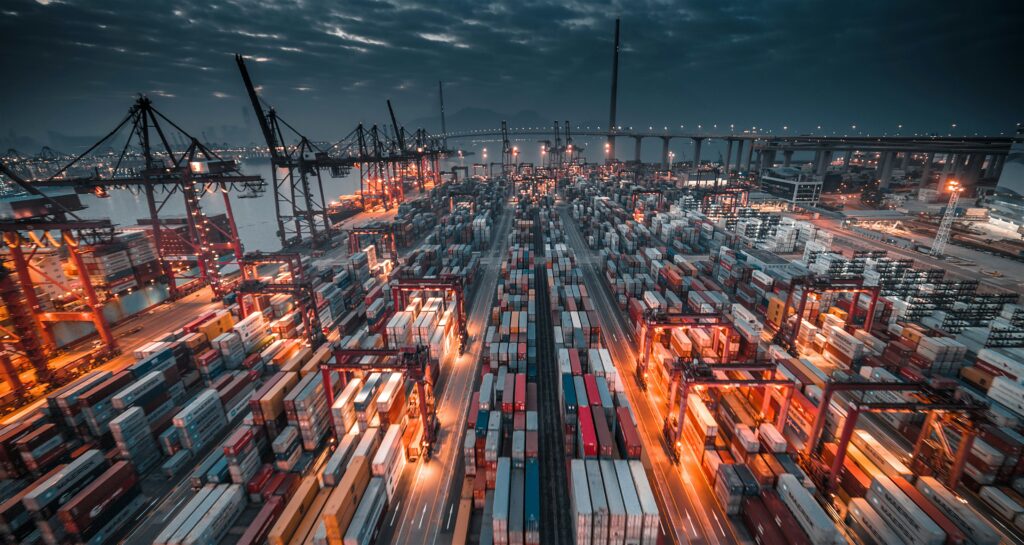Key Takeaways
- Global Geopolitical Tensions: Conflicts such as the Russia-Ukraine war, Israel-Palestine conflict, and South China Sea disputes significantly impact global supply chains and increase inflationary pressures.
- Shipping Disruptions: Attacks by Houthi rebels in the Red Sea have forced ships to take longer routes, raising shipping costs and causing delays, which contribute to higher prices for goods.
- Inflationary Risks: These geopolitical and logistical issues challenge the traditional view that inflation is declining, suggesting that such events are not mere outliers but critical factors in economic forecasting.
- Impact on Australians: Higher inflation leads to increased interest rates, resulting in higher mortgage repayments and a higher cost of living for Australian consumers.
- You could look back on 2024 and think this was the time you should have fixed your mortgage.
Australia’s economy is consistently under the microscope as economists debate the trajectory of inflation and potential rate cuts. While some assert that inflation is on the decline, there are underlying geopolitical and logistical factors that suggest otherwise.
While an increasing number of economists are either calling for or predicting a rate rise at the next RBA meeting, almost all of their commentary is focused on domestic inflation and talks of potential rate cuts in 2025.
While this position is understandable, it fails to discuss the inflationary pressures of a number of geopolitical issues that could place upward pressure on rates for years to come. If that plays out, rather than hoping for a rate cut in 2024, you could be looking back at this time and thinking “wasn’t that a great time to fix my home loan.”
Understanding Inflation and Interest Rates
Inflation is defined as the increase in the general price level of goods and services over time. Central banks, such as the Reserve Bank of Australia (RBA), control inflation by adjusting interest rates. When inflation is high, raising interest rates can help slow the economy by making borrowing more expensive, thus reducing spending. Conversely, lower interest rates encourage borrowing and spending, stimulating economic growth.
The Traditional Economic Narrative
Some economists believe that inflation in Australia is decreasing, and that rate cuts may soon follow. This view is based on traditional economic models that consider factors like domestic consumption, production, and monetary policy. These economists often treat geopolitical events as outliers, assuming that they have minimal long-term impact on inflation or that because these events are exceptional they need to be removed from modelling.
Geopolitical Tensions: A Closer Look
Geopolitical tensions refer to political conflicts between countries that affect global stability and economics. Current major conflicts include:
- Russia-Ukraine War: This conflict has disrupted energy supplies and agricultural exports, putting upward pressure on global prices for oil, gas, and food as well as having the potential to directly draw on additional countries.
- Israel-Palestine Conflict: Ongoing violence affects the stability of the Middle East, potentially impacting global oil prices and also threatening to expand into other regions.
- South China Sea Tensions: Disputes between China and the Philippines over territorial waters have implications for global trade routes and regional security.
The Red Sea Shipping Crisis
The Houthi rebels in Yemen have intensified attacks on vessels entering the Red Sea, a crucial route for ships heading to the Suez Canal. These attacks have forced ships to take longer routes around Africa, increasing journey times and costs. The shipping industry, already strained by pandemic-related disruptions, faces additional pressures from these geopolitical tensions.
The Link Between Geopolitical Tensions and Inflation
Geopolitical conflicts lead to supply chain disruptions, causing delays and increasing costs. Higher shipping costs translate to higher prices for imported goods, contributing to inflation. For example, increased fuel costs due to the Russia-Ukraine war have led to higher transportation costs globally. In Australia, this means more expensive goods and services, putting upward pressure on inflation.
Why Geopolitical Tensions Are Not Outliers
Treating geopolitical events as outliers ignores their significant and prolonged impacts on the global economy. Historical examples, such as the oil crises of the 1970s, demonstrate how geopolitical tensions can lead to sustained inflationary pressures. The interconnectedness of global economies means that conflicts in one region can have widespread repercussions, affecting prices and economic stability worldwide.
Consequences for Australians
Higher inflation leads to higher interest rates as the RBA attempts to control price rises. For Australian homeowners, this means increased mortgage repayments. Rising interest rates can also slow economic growth, reduce disposable income, and increase the cost of living, affecting overall financial well-being.
In a world that becomes more geopolitically unstable, the cost of living and the cost of doing business will face greater pressure – even if the performance of the economy continues to decline as it has done on a per capita basis for a number of quarters.





